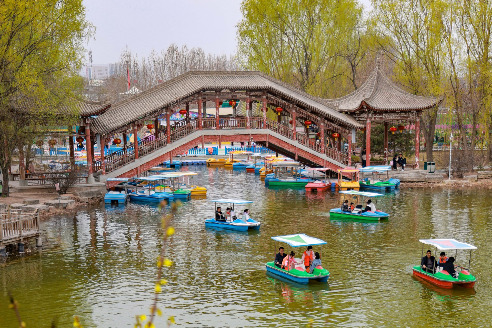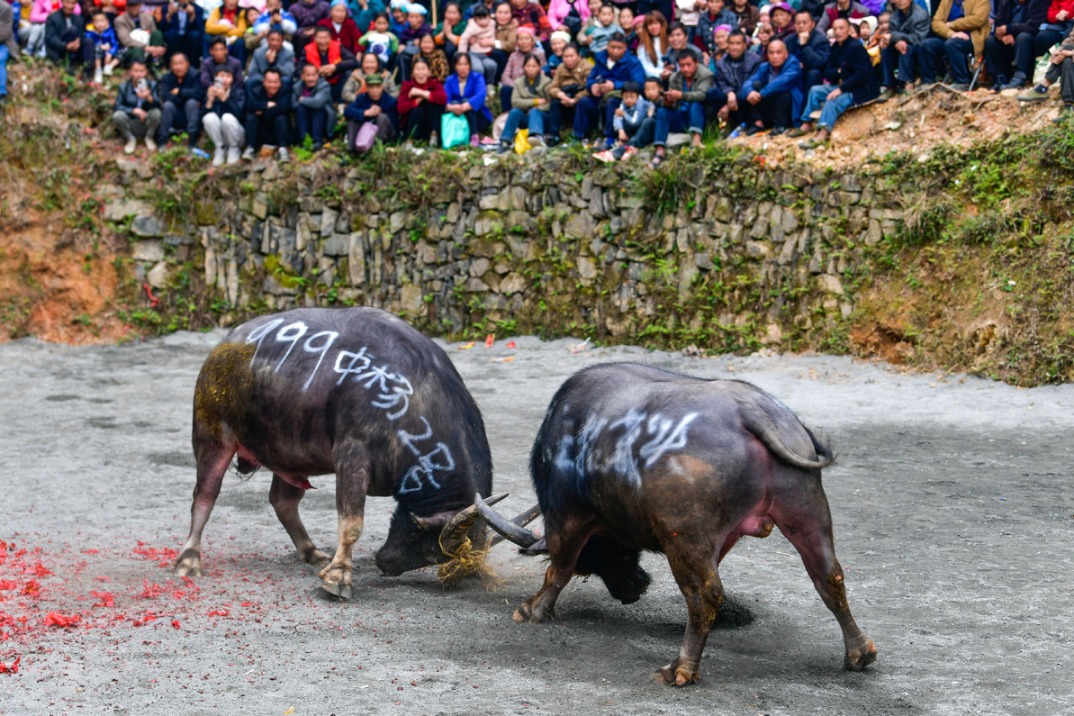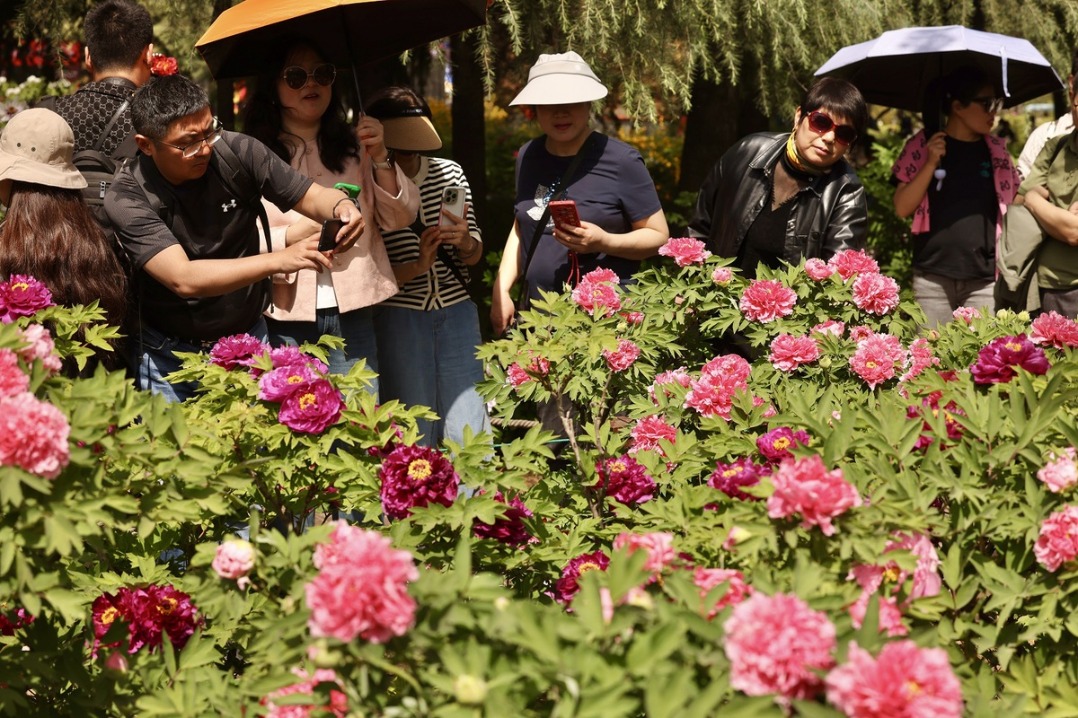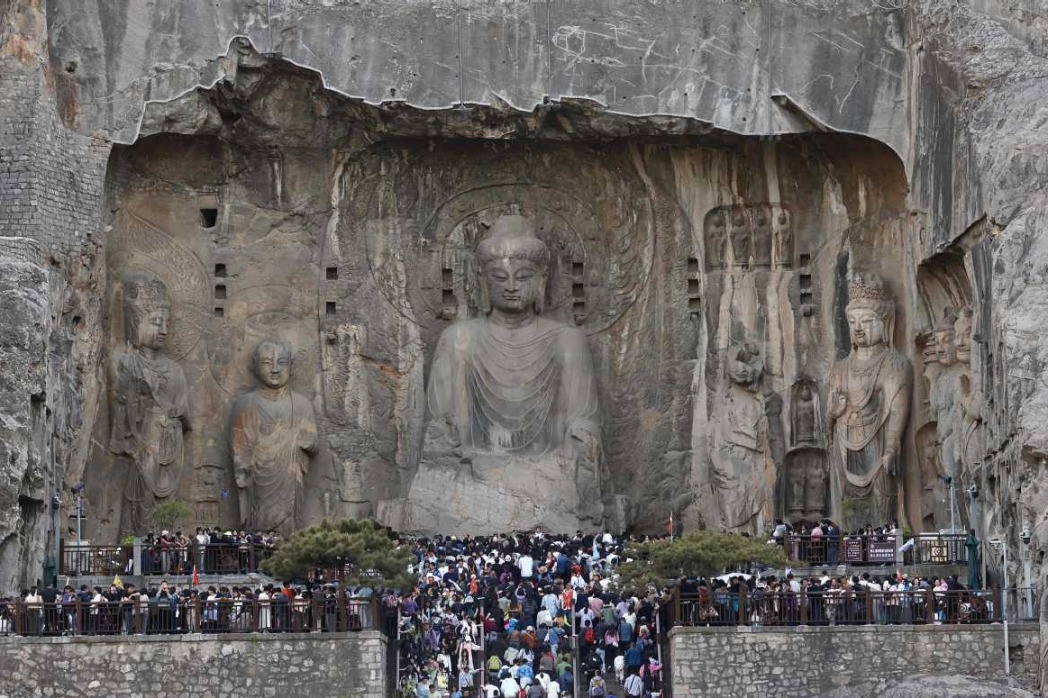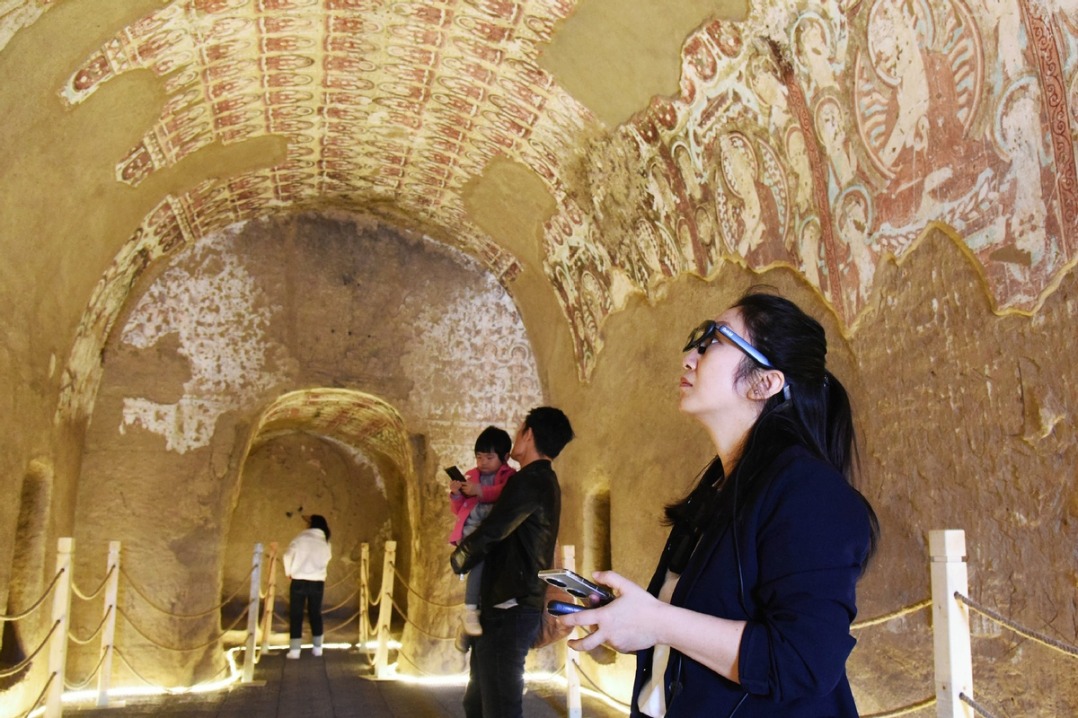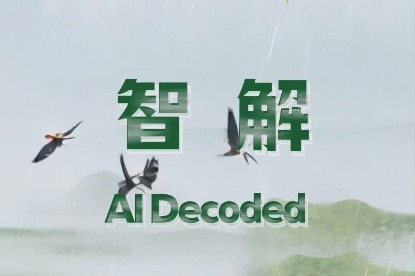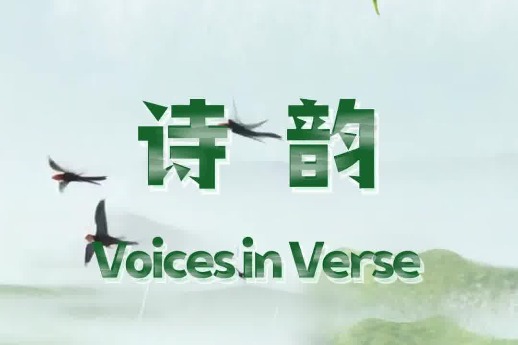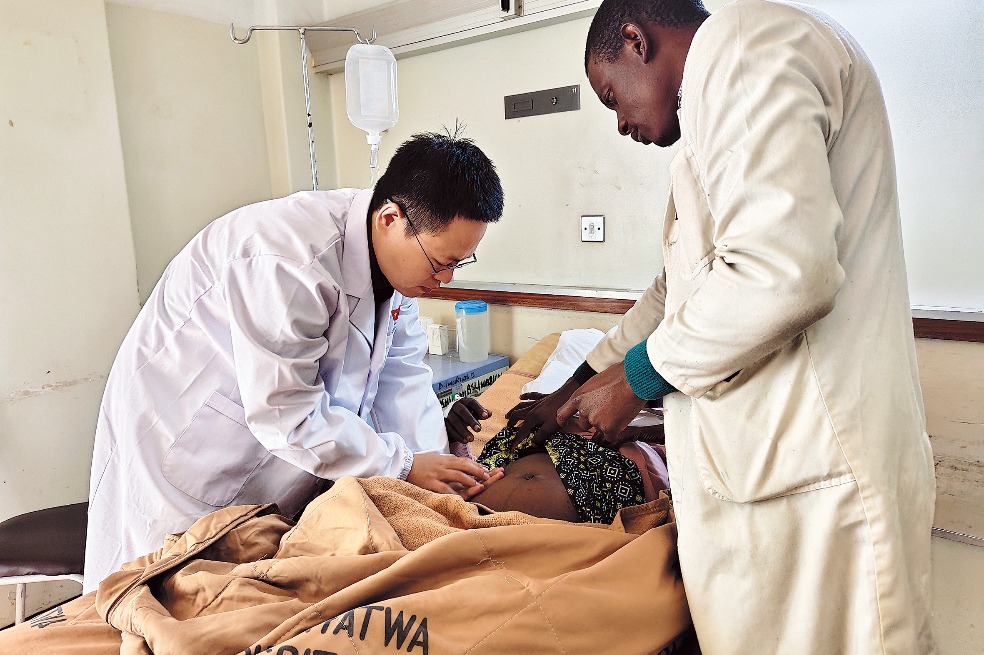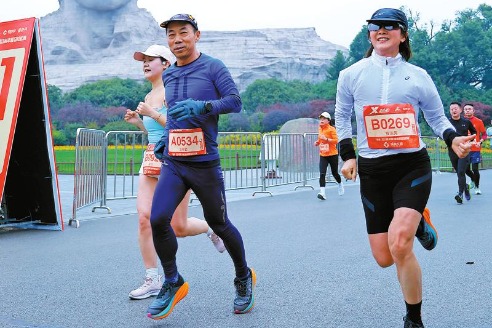Museums seek to diversify educational offerings

Young Chi Chi, a 12-year-old girl from Zhengzhou, Henan province, knows a great deal about the artifacts found in Henan Museum, and she's eager to pass on her knowledge and enthusiasm to other visitors.
She's a participant in the museum's archaeological study tour program, in which students can learn about the history of various artifacts exhibited there.
"I've broadened my knowledge and increased my confidence. I'm passionate about Chinese history, so I enjoy these activities very much," said the sixth grader.
Both she and Chi Cheng, her 7-year-old brother, often join the museum's study tour activities on weekends and vacations.
In these courses, older children can work together to design an exhibition showcasing a particular artifact, learning about curating and setting up exhibits along the way.
Like the siblings, a growing number of Chinese children are joining archaeological study tours that integrate learning with exploration and enjoyment.
In September, the National Cultural Heritage Administration released a guideline promoting the high-quality development of archaeological study tours.
It called for the opening of various resources for archaeological educational tours. Provincial cultural heritage administrative departments are expected to compile and publish a list of suitable locations for archaeological study tours, the guideline said. Archaeological site parks, site museums, research institutes, archaeological specimen storage rooms and excavation sites, are also encouraged to organize educational trips.
It stressed the safety and the orderly operation of archaeological educational travel, requiring relevant departments to closely monitor the facilities, visitors and study tour activities.
On Nov 19, the Ministry of Culture and Tourism issued a notice on promoting the healthy development of educational tours organized by travel agencies. It emphasized the enrichment of product supply, the importance of supervision and safety, clarification of regulatory authority and talent cultivation.
"The guideline is beneficial for the development of archaeological educational tours, with detailed requirements," said Liang Shuang, who's in charge of study tour programs at Henan Museum.
The guideline emphasizes talent nurturing and curriculum development of archaeological study tours, and encourages professionals from cultural institutions, museums and universities to become part-time instructors.
"Museum tour guides are mainly in charge of study tour activities, including at our museum. However, archaeology is very academic and sometimes you need experts to teach students. Archaeologists can present the professional and fun aspects in a combined way, bringing more in-depth and engaging experiences," Liang said.
In one of their study tour courses, the museum's conservators share their personal experiences in repairing artifacts.
Students can also enter a simulated site for excavation, equipped with a bag containing digging tools and a notebook to record details.
"The guideline has already set the direction. To develop archaeological study tours, museums need to cooperate with others," Liang said.
"It's important for us to enhance collaboration with other provincial museums and archaeological sites to develop study tour itineraries together."
Henan Museum is currently seeking out qualified and experienced travel agencies to develop more itineraries and receive more students.
"If we work solely within our own museum, we can only provide a limited range of activities," she said.
Dong Baohou, deputy director of Liaoning Provincial Museum, agreed.
"Due to the large audience size, there has been a rise in participation from societal actors in our study tour programs. We're currently in discussions with travel agencies to enhance our offerings," he said.
Wu Liyun, a professor at Beijing International Studies University's China Academy of Culture and Tourism, said: "These policies are important for optimizing the overall development environment of educational travel."
She believes the guideline can greatly enrich the supply of archaeological educational products, as more venues are expected to open for such activities. "Some archaeological sites have only been discovered in recent years, and students may have the chance to visit on-site."
Wu said that while designing archaeological study tour products, research and learning should also be highlighted, fostering a deeper understanding and enabling handson exploration among students.
"There is a shortage of highly qualified personnel, as educational travel is an emerging tourism model in recent years. It's important to improve the expertise of those involved in study tours," she said.
xulin@chinadaily.com.cn
- China shuts down web accounts for vulgar content, celebrity gossip
- China sees first decline in noncompliance with court rulings in a decade
- Shanxi's school meal fraud exposed, prompting major reforms
- 100,000 visitors attend Tianjin University's 2025 Crabapple Blossom Festival
- Postgraduate student sentenced to death for poisoning roommates
- Shanghai attracts millions of visitors during Qingming holiday
















